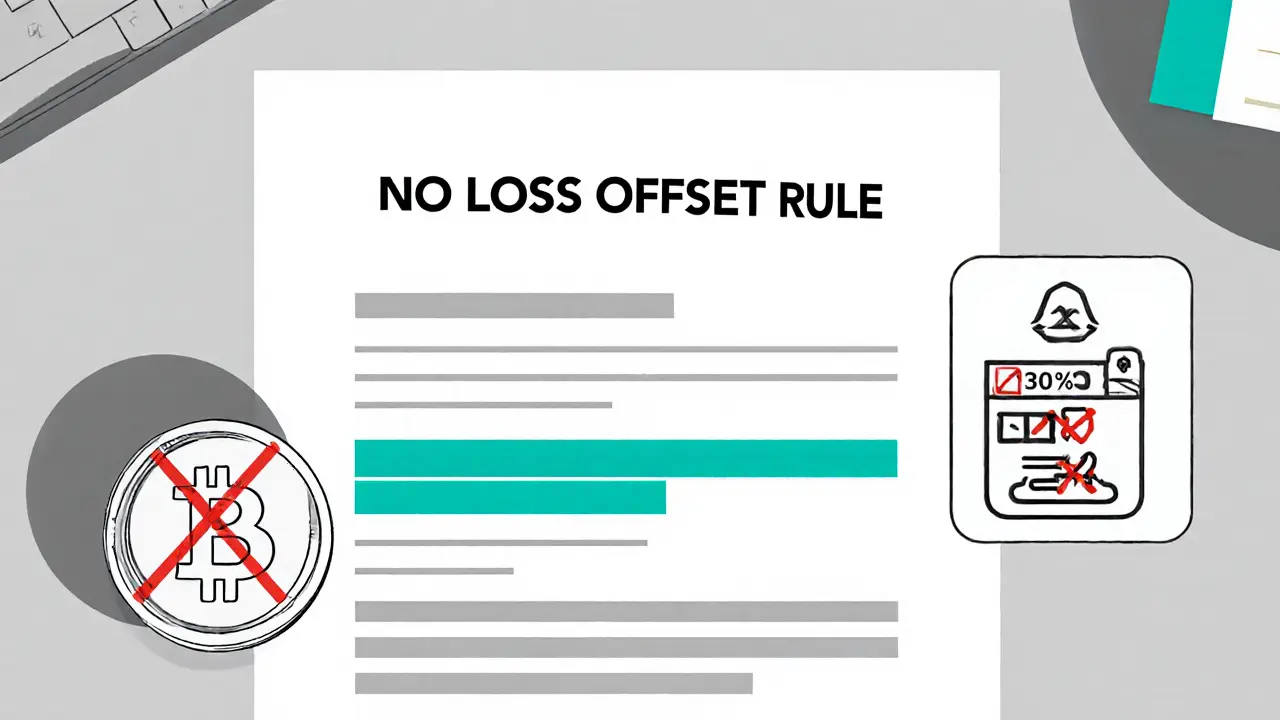Crypto Tax Compliance: Essential Facts and Tools
When dealing with Crypto Tax Compliance, the process of meeting tax obligations for cryptocurrency transactions, including reporting gains, losses, and income to tax authorities. Also known as crypto tax reporting, it affects anyone who trades, mines, or earns crypto rewards. Capital Gains Tax, a tax on the profit made when you sell or exchange crypto assets is a core piece of that puzzle, and it varies wildly from country to country. To keep track, many users turn to Crypto Tax Reporting Software, applications that import blockchain data, calculate tax liabilities and generate ready‑to‑file reports. Meanwhile, broader Regulatory Compliance, adhering to rules set by tax agencies and financial regulators ensures you avoid penalties and stay audit‑ready. Underpinning all this is the need to understand OFAC Sanctions, U.S. restrictions that can affect crypto transactions with prohibited parties or jurisdictions, which adds another layer of reporting and due‑diligence. crypto tax compliance therefore pulls together transaction tracking, tax calculations, and legal awareness into a single workflow.
Why It Matters Across Borders
Different jurisdictions treat crypto income in distinct ways. Portugal, for instance, imposes a 28% short‑term tax on crypto profits, while offering favorable regimes for long‑term holders. Mexico’s FinTech law introduces licensing requirements for crypto service providers and mandates detailed reporting for digital asset businesses. In places like Syria, recent sanctions relief still leaves users navigating complex compliance hurdles, especially when dealing with OFAC‑listed entities. Nigeria’s reversal of its banking ban created a new regulatory framework that includes tax reporting obligations for crypto traders. Each of these examples shows that crypto tax compliance isn’t just a local issue; it’s a global challenge that demands awareness of local tax rates, filing deadlines, and anti‑money‑laundering rules. Ignoring these differences can trigger audits, fines, or even criminal investigations, especially when high‑volume traders or businesses are involved.
Below you’ll find a curated collection of articles that break down these topics step by step. From deep dives into specific country tax rules and how to use reporting software, to guides on navigating OFAC sanctions and avoiding common pitfalls, the posts cover the full spectrum of crypto tax compliance. Whether you’re a casual investor trying to file a simple 1099‑type form or a crypto startup needing a comprehensive compliance strategy, the resources here will give you actionable insights to stay on the right side of the law.

India's No Loss Offset Rule: How It Impacts Crypto Traders
Explore India's no loss offset rule, its 30% crypto tax impact, compliance challenges, and strategies for traders to navigate the stringent regime.
